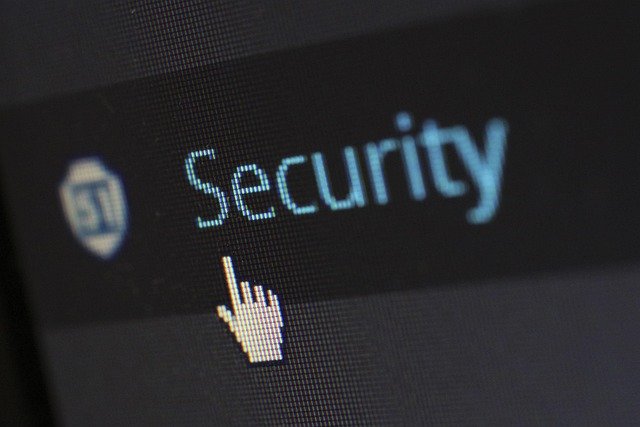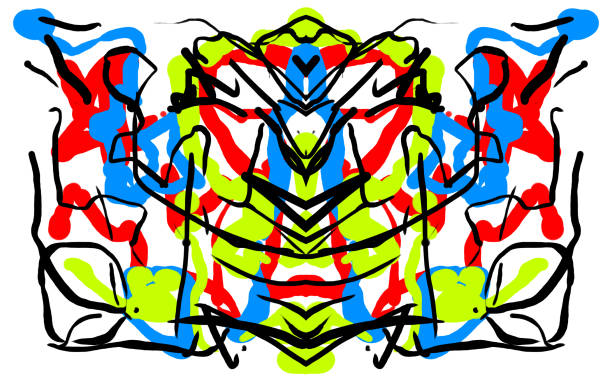Decentralized Internet: Redefining Digital Connectivity
The concept of a decentralized internet is gaining traction as users seek greater control over their online experiences. This revolutionary approach to digital connectivity promises enhanced privacy, improved security, and increased resilience against censorship. But what exactly is a decentralized internet, and how might it reshape our digital landscape? Let's dive into this cutting-edge development that could fundamentally alter how we interact with the worldwide web.

This shift in architecture draws inspiration from blockchain technology, which has demonstrated the viability of distributed networks for secure, transparent transactions. By applying similar principles to internet infrastructure, developers hope to create a more open, user-centric online ecosystem.
Key Components of Decentralized Internet
At the heart of decentralized internet are several key technologies and concepts:
-
Distributed Storage: Instead of storing data on centralized servers, information is broken into small pieces and distributed across multiple nodes in the network. This approach enhances data security and makes it more resilient to outages or attacks.
-
Peer-to-Peer Networking: Direct connections between users eliminate the need for intermediaries, reducing latency and increasing privacy.
-
Blockchain-Based Identity: Decentralized identity systems give users control over their personal information, allowing them to selectively share data without relying on centralized authorities.
-
Smart Contracts: Automated, self-executing agreements facilitate secure transactions and interactions within the decentralized network.
-
Tokenization: Digital tokens can incentivize network participation and enable new economic models for content creation and distribution.
Advantages of Decentralized Internet
The potential benefits of a decentralized internet are numerous and far-reaching:
-
Enhanced Privacy: With data distributed across the network, users have greater control over their personal information and can limit exposure to data breaches.
-
Increased Security: The absence of central points of failure makes the network more resilient to attacks and outages.
-
Censorship Resistance: Distributed content storage and delivery make it more difficult for authorities to block or manipulate information.
-
Improved Performance: Peer-to-peer connections can reduce latency and improve overall network speed, especially in areas with limited infrastructure.
-
Fair Compensation for Content Creators: Tokenization and smart contracts enable more direct relationships between creators and consumers, potentially leading to fairer compensation models.
Challenges and Obstacles
Despite its promise, the decentralized internet faces several significant hurdles:
-
Scalability: Ensuring that decentralized networks can handle the massive volume of data and transactions on the internet is a major technical challenge.
-
User Experience: Decentralized applications often lack the polished interfaces and seamless experiences of their centralized counterparts, which could hinder adoption.
-
Regulatory Concerns: The decentralized nature of these networks may clash with existing legal frameworks, particularly around content moderation and data privacy.
-
Energy Consumption: Some decentralized technologies, particularly those based on proof-of-work consensus mechanisms, have raised concerns about their environmental impact.
-
Adoption and Interoperability: Convincing users and businesses to migrate to decentralized platforms, and ensuring these platforms can interact with existing systems, presents significant challenges.
Real-World Applications and Implementations
Several projects are already working to bring the decentralized internet to life:
-
Decentralized Storage Solutions: Platforms like Filecoin and Sia are creating marketplaces for distributed storage, allowing users to rent out excess hard drive space or purchase storage from the network.
-
Decentralized Social Media: Projects such as Mastodon and Diaspora aim to create social networks free from centralized control, giving users ownership of their data and content.
-
Decentralized Finance (DeFi): While primarily associated with cryptocurrencies, DeFi platforms demonstrate the potential for decentralized financial services on a broader internet scale.
-
Decentralized Domain Name Systems: Initiatives like Handshake and Ethereum Name Service are developing alternatives to the traditional DNS, aiming to create a more open and censorship-resistant naming system for the internet.
The Road Ahead
The decentralized internet represents a paradigm shift in how we conceive of and interact with digital networks. While still in its early stages, this technology has the potential to address many of the concerns plaguing the current internet ecosystem, from privacy and security to fairness and accessibility.
As research and development in this field continue to progress, we can expect to see more innovative applications and solutions emerging. The challenge lies in balancing the ideals of decentralization with the practical needs of users and businesses, and in navigating the complex regulatory landscape that surrounds internet governance.
Ultimately, the success of the decentralized internet will depend on its ability to deliver tangible benefits to users while overcoming the technical and adoption hurdles that stand in its way. As this technology matures, it may well reshape our digital world, ushering in a new era of internet connectivity that is more open, secure, and user-centric than ever before.





